-
•
•
19 responses
“The life of the common law has been in the unceasing abuse of its elementary ideas.” So observed S. F. C. Milsom, a Cambridge legal historian and one of the greatest scholars of the common law. It was important to the authority of the common law that it demonstrate continuity– so important that leading common lawyers and judges like Edward Coke and Matthew Hale could insist that the law had never changed. Its authority lay in the assumption that its precepts had always been there, “the memory of man runneth not to the contrary.” And yet the world changed drastically… Read More
-
•
•
9 responses
In these challenging times, an experience I posted fourteen years ago on Times and Seasons comes back to mind. How would I draw a conclusion now? This was the experience: *** Martha was one of the older sisters in our branch. We counted a scant dozen of them, singles and widows, making more than half of the congregation and being its very backbone. When I got to know her, Martha was in her sixties. Huge by nature and strong from her lifelong labors as a market woman, she lived in a modest but sunny apartment, four flights high. Rent and… Read More
-
•
•
60 responses
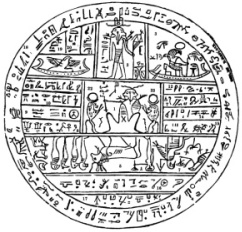
I’m only a translator in the sense that people keep paying me to translate things for them. Read More
-
•
•
12 responses
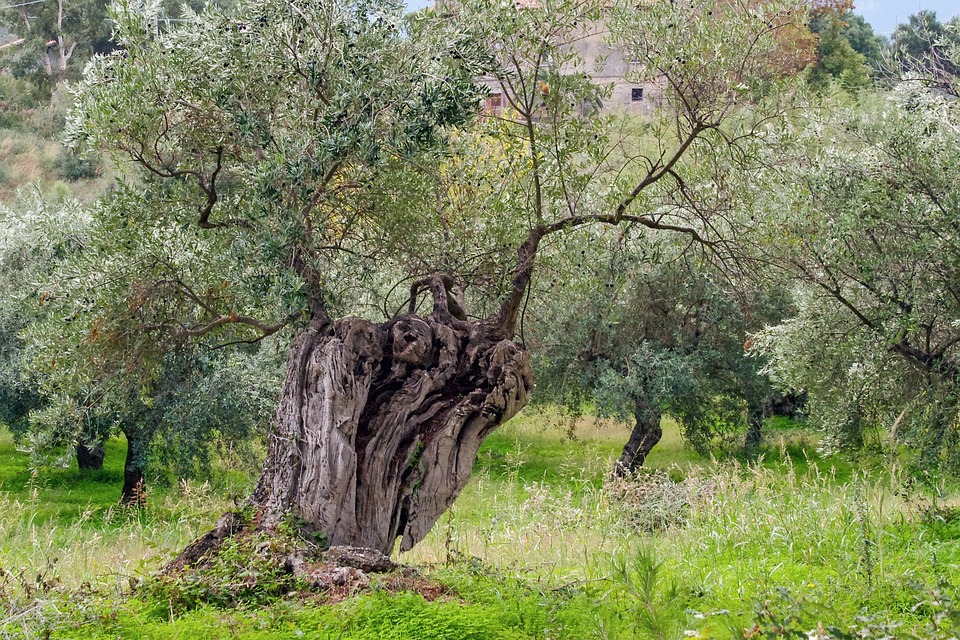
There have been some common underlying themes to several Times and Seasons posts these past few months. The three themes or questions that I have in mind at the moment are: “What is the nature of the Great Apostasy?”, “What is the nature of the Restoration?”, and “What is the relationship of the Church of Jesus Christ of Latter-day Saints with the broader tradition of Abrahamic faiths?” I’ve posted about the Church’s Interfaith efforts, about B.H. Robert’s understanding of the Church of the Devil and the Church of the Lamb of God, and an attempt on my part to understand… Read More
-
•
•
9 responses
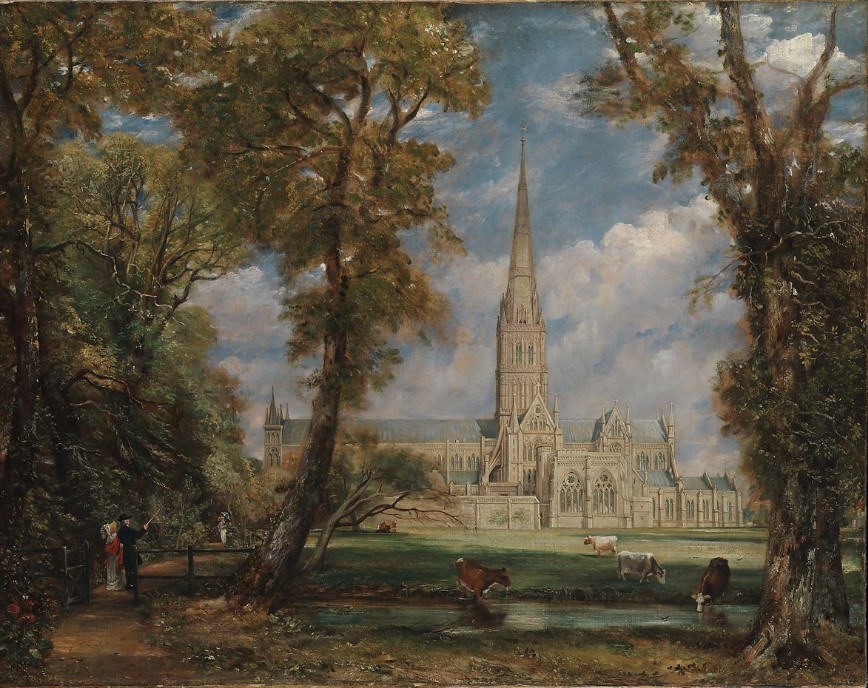
When my bishop announced that we would not be holding usual church services last Sunday, my main feeling was one of short-term relief: I absolutely love my calling as Gospel Doctrine teacher (I never want any other!), but I simply didn’t know where I was going to find time to prepare a lesson that weekend with all the other commitments that I had going on. My second feeling was one of excitement. I’ve long believed that the Church of Jesus Christ of Latter-day Saints exists to serve families (rather than the other way around) and so the recent moves towards… Read More
-
•
•
20 responses

We’ve all seen the changes. Two hour church. High Priests don’t meet separately. No more Scouts. Come Follow Me. Etc., etc., etc. Anyone with a serious continuing connection to the Church is still adjusting. And those adjustments include adjustments to our culture. You’ve probably seen the changes in culture. They include changes to our terminology (“ministering”, “come follow me”), changes in how we structure our lives (“two hour church”, home-based study and study groups) and changes to the cultural goods we consume (podcasts, YouTube videos). During my life the culture associated with the Church had already changed markedly before the… Read More
-
•
•
25 responses

One of the more awkward moments of my time in graduate school came when I was reading a book about Mormon polygamy while taking a break in the lab. A visiting scientist from Pakistan who was doing research in the same lab saw me reading the book and asked me: “That looks like an interesting book. Are you preparing to take a second wife?”, then joked about taking a second wife himself. A bit flustered, I explained that my wife and I weren’t interested in expanding our family that way, that my church had stopped practicing plural marriage over a… Read More
-
•
•
18 responses
Some of my friends were elated when they heard that church meetings were canceled because of COVID-19, or Coronavirus, “Church cancelled!” texts went out. Celebratory emojis were shared. On a more serious note, a family member wondered whether there would be long-term effects on church attendance. Would people keep staying home on Sunday once they got in the habit? We may well see a dip in activity rates. But COVID-19 will only be the trigger. The root problem is deeper. Many members have lost sight of why we go to church in the first place. Church as we know it… Read More
-
•
•
My wife and I held our own service this morning– we read a scripture, listened to several conference talks– and it was uplifting, but perhaps less of an investment than on most Sundays; so this evening my wife said, “Let’s sing some hymns.” So we went to the piano, and then she said, “Let’s sing some Primary songs,” so we got out the big blue book and sang for maybe an hour, just the two of us. “Can a little child like me/ thank the Father fittingly?” “He sent his son.” “I feel my Savior’s love.” “Love one another.” I’m… Read More
-
•
•
They say novel Coronavirus disease is easier on kids, but I’m not sure that’s the case. Read More
-
•
•
12 responses

Our readers will have heard that the First Presidency announced yesterday that all church meetings and activities have been suspended, due to the worldwide Covid-19 pandemic. As a result, most members and families will worship at home starting this Sunday. In addition, the Church’s counsel says, “We encourage members in their ministering efforts to care for one another. We should follow the Savior’s example to bless and lift others.” So despite the pandemic, we should try to find ways to minister and help others (as I suggested earlier this week). This is not new for everyone. On occasion church is… Read More
-
•
•
2 responses
We all have our flaws and our inexcusable shortcomings– Mormons as well as non-Mormons. We sometimes offend or injure others, ignorantly or thoughtlessly or sometimes even maliciously. Mormons as well as non-Mormons. These failings can make religious fellowship difficult– painful rather than uplifting, as it should be. In recent discussions on this blog, people have shared painful experiences they have had in the church. It is impossible, I think, not to be moved by some of these experiences. Sometimes a person will conclude that participation in church is more of a hindrance than a benefit, and that they would be… Read More
-
•
•

All those who have traveled on commercial airlines know the instructions: In case of a loss of cabin pressure, put the drop-down mask on yourself first, and then on your child (or companion or others, I presume). The same idea applies to any disaster: secure your own situation first, then help others. This applies to the Novel Coronavirus aka Covid-19 as well. Read More
-
•
•
2 responses
In honor of the late business professor and Latter-day Saint leader Clayton Christensen, I’ve been reading his book How Will You Measure Your Life? In many ways, the book is a breath of fresh air: instead of giving tactical advice, Christensen focuses on training us how to view and analyze our situations, our intentions, our actions, and our desires — and then devise our own tactics and strategies to become the people we want to be. This sort of metacognition isn’t based solely on anecdotal evidence (hallelujah!) and is broadly applicable outside of the business context. Even better, Christensen focuses… Read More
-
•
•
5 responses
I am always interested in seeing how ideas grow, develop, and take shape of the years. I suppose that is part of why I find the study of theology so interesting. As I was studying the “Come, Follow Me” curriculum this last week, it struck me how the sacrament prayers seem to have developed and formulated alongside the Doctrine of Christ in the Book of Mormon. Early in the Book of Mormon, the prophetic triumvirate of Lehi, Nephi, and Jacob propose a controversial change to the traditional Hebrew religion, a change based on their revelations and their understanding of Isaiah… Read More
-
•
•
30 responses
“If you don’t believe in the historicity of the Book of Mormon, then why are you still part of the Church?” Ivan questioned his brother Alexei. The two enjoyed their gospel conversations, though Ivan left the Church years ago. Oddly enough, they agreed on most of the facts, but never on their implications. “I don’t let what I don’t believe get in the way of what I do,” Alexei replied. “Then what do you still believe?” “I know I had a spiritual experience when I read the Book of Mormon. I asked if it was true and I got a… Read More
-
•
•
50 responses
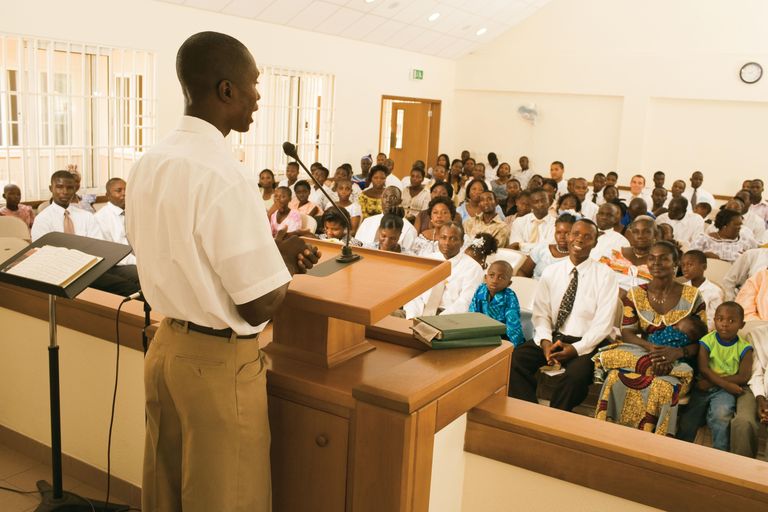
In a podcast I listened to recently, a man who had left the church described going to sacrament meeting with his still-believing wife and feeling upset at what was said in church. He had come to believe that certain claims that are regularly stated at church were not true, and hearing them was uncomfortable. Initially, I found this idea strange. Why would it be uncomfortable to simply hear someone say something that you don’t believe to be true? Read More
-
•
•
19 responses
There is the Christian story, and there is the Mormon story; and we understand them to make up a single story. But which story is primary and which secondary? Which is the whole of which the other is a part? Logically and theologically, it seems, the Christian story ought to be primary. The Mormon story presupposes and depends on the Christian story. Put it this way: You can set aside or bracket or reject the Mormon story and still embrace the Christian story. Lots of people do that. It doesn’t work the other way around. Take the Christianity out of… Read More
-
•
•
25 responses
It’s a heart wrenching decision. A beggar asks you for money. You remember the words of King Benjamin: “Ye will not suffer that the beggar putteth up his petition to you in vain.”[1] You also remember Christ’s commandment to feed the hungry, take in the stranger, and clothe the naked.[2] At the same time, you have practical concerns about how the money would be used. A 2002 questionnaire of 54 panhandlers in Toronto found that the median monthly budget of panhandlers was $200 for food, $112 for tobacco, $80 for alcohol and other illicit drugs and $120 for all other… Read More
-
•
•
17 responses
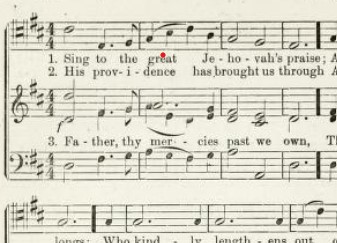
This week, the American Choral Directors Association is meeting in Salt Lake City, so choral music is on my mind. While my career isn’t in music, it’s an art form that plays an important role in my life. I have some training in piano, choral performance, and organ while my wife was trained in vocal performance. We’ve spent most of our married life in music-related callings as a result. It’s not a stretch to say that leading a ward choir is, perhaps, the most rewarding and most difficult of the music callings we’ve been involved in. Few people want to… Read More
-
•
•
2 responses
Times & Seasons is pleased to welcome Michael Haycock as our latest guest blogger. Michael was primarily raised in Northwest Ohio and served his mission in Argentina. After graduating with a B.A. in political science from Yale University, he received an M.A. in religion (American religious history) from Claremont Graduate University, where he wrote his thesis on 19th century Mormon masculinity. Having seen the academic job market, he spent several years working for small lobbying firms in Washington, D.C., before accepting a position earlier this year with Georgetown University’s Campus Ministry. He lives in Northern Virginia, where he continues to… Read More
-
•
•
19 responses
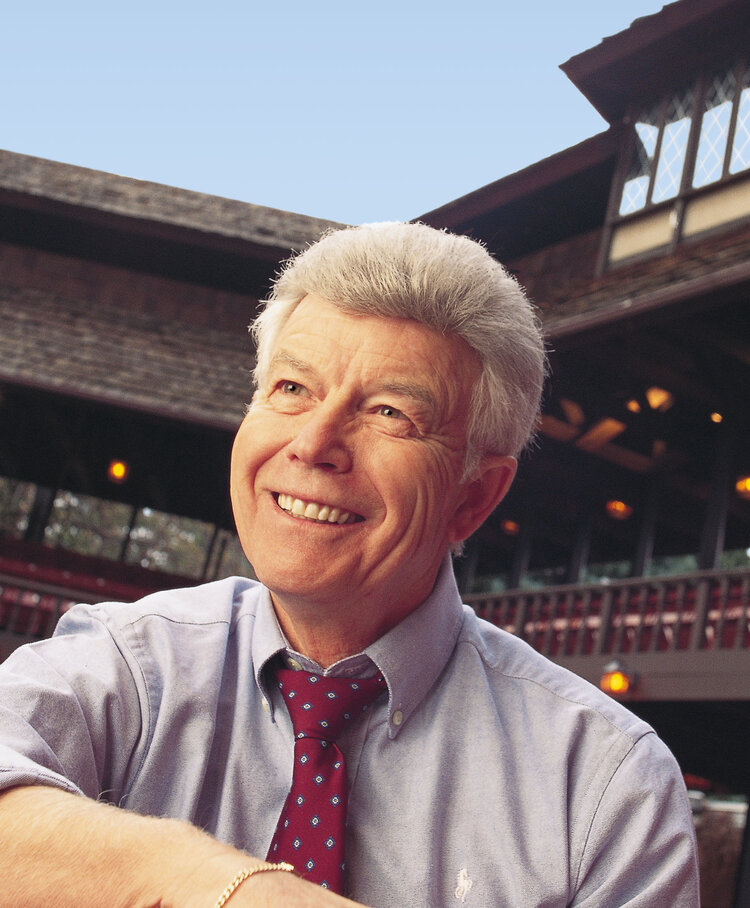
While I was at BYU years ago one of my best friends asked me to go with him and his wife to Cedar City to the Utah Shakespearean Festival. His wife’s father had served a mission with the founder, Fred Adams, and her family had gone frequently over the years since Adams founded the festival. Thirty-four years later, I still go to the festival each summer with the same group of friends. So when I learned that Fred Adams passed away February 5th at the age of 89, I mourned because of his influence on my life. I was particularly… Read More
-
•
•
4 responses
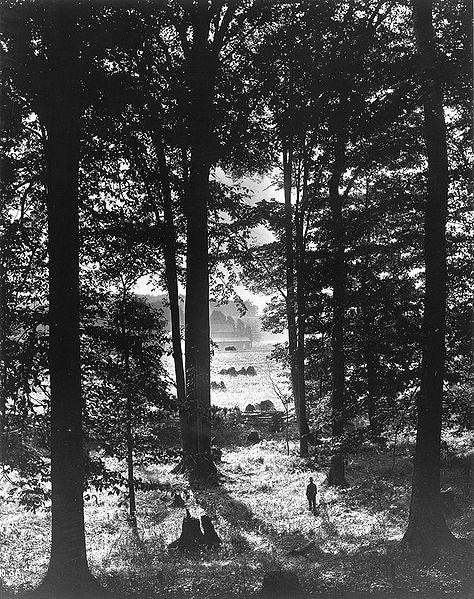
This year has been marked out as a bicentennial celebration of the year Joseph Smith experienced the First Vision. President Russell M. Nelson invited us to “immerse yourself in the glorious light of the Restoration,” offering the suggestion to “begin your preparation by reading afresh Joseph Smith’s account of the First Vision as recorded in the Pearl of Great Price.” While he specifically mentions the official account of the First Vision as a starting point, President Nelson encourages each of us to go on from that account and do more study: “Select your own questions. Design your own plan. Act… Read More
-
•
•
16 responses
My friend Sam called me yesterday and he came right to the point. “I’ve been reading your report of our conversation last week, and I’ve also been reading some of the responses, and I think that there is some confusion that I would like to clear up.” “What do you mean?” I asked. “Well, you remember that I took the view that even in the worst case hypothetical scenario– even if it could somehow be proven that Joseph Smith’s claims were fraudulent– there would still be good reason for people to remain faithful members of the church. The church’s teachings… Read More
-
•
•
6 responses
We all know that the defining sin of the Nephites was pride. But what about the defining sin of the Lamanites? From the very beginning of the Book of Mormon, Nephi focuses on one particular vice. “[A]fter they had dwindled in unbelief” the Lamanites became “full of idleness and all manner of abominations.”[1] He later calls them an “idle people.”[2] When the Anti-Nephi-Lehies famously buried their weapons of war, they also made a covenant that “rather than their days in idleness they would labor abundantly with their hands.”[3] The Lamanites’ sin of idleness is, in fact, the mirror image of… Read More
-
•
•
One response
Times and Seasons hopes you will join us in welcoming our latest guest blogger, William Barlow. He is an attorney and graduate of Harvard Law School, where he regularly wrote for the Harvard Law Record, including a guest appearance on Fox News Business. William received his undergraduate degree in history from Duke University. Following law school, William was an M&A attorney at a New York law firm for over three years before transitioning to North Carolina. Read More
-
•
•
43 responses
For all their differences, the essential and irreducible historical dilemma of the Old Testament, New Testament, and Book of Mormon is very much the same. Read More
-
•
•
2 responses

In the neighborhood where I grew up, there was a yard that had landscaping that baffled me. It was a grassy plain with a few small trees, and then about a half-dozen boulders scattered among the grass. The boulders were what baffled me—they didn’t seem to fit in with the landscaping around them and they certainly made mowing the lawn more complicated than it otherwise would have been. I’m sure they made sense to the person who put them there, but as far as I could see, it seemed like the homeowners had survived a meteor shower and then decided… Read More
-
•
•
28 responses
My friend Sam and his family came over yesterday evening; and after dinner Sam and I, social misfits that we are, slunk off and went out on the deck to talk. (Yes, it’s February, but it’s also San Diego.) We started off wondering whether BYU’s narrow one-point win last Saturday over lowly USD (my school) would hurt their chances of making the NCAA tournament. But then somehow the conversation wound around to people we know who have “left the Church,” as we say, because of doubts about Joseph Smith. In a couple of cases these were seemingly faithful members, and… Read More
-
•
•
17 responses

The second volume of the Church’s official history, Saints: No Unhallowed Hand, 1846-1893 was released this Wednesday. I just finished blitzing through the book and wanted to share my thoughts on the volume. These official histories walk a tightrope, balancing a lot of goals at one time. This volume, for example, covers approximately 50 years of well-documented history in less than 700 pages in ways that are open, accurate, and truthful while remaining faith promoting and doing so in an engaging and readable manner. That’s a tall order to achieve all those requirements at one time. Having finished reading it,… Read More
